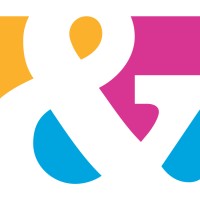
Library Systems & Services, LLC
Library Systems & Services (LS&S) partners with local governments to operate public libraries and library systems. Founded in 1981 and trusted by 84 libraries across the US, LS&S is the nation’s only company focused on library management. LS&S library professionals work hard every day to provide the best possible service to library patrons. LS&S focuses on innovation and keeps partner libraries on the leading edge of information science. As public library services shift and patrons’ expectations grow and change, LS&S channels insight and expertise to create a new paradigm for libraries—resources not just for literacy education and enrichment but springboards for neighborhood unity and economic and workforce development.






